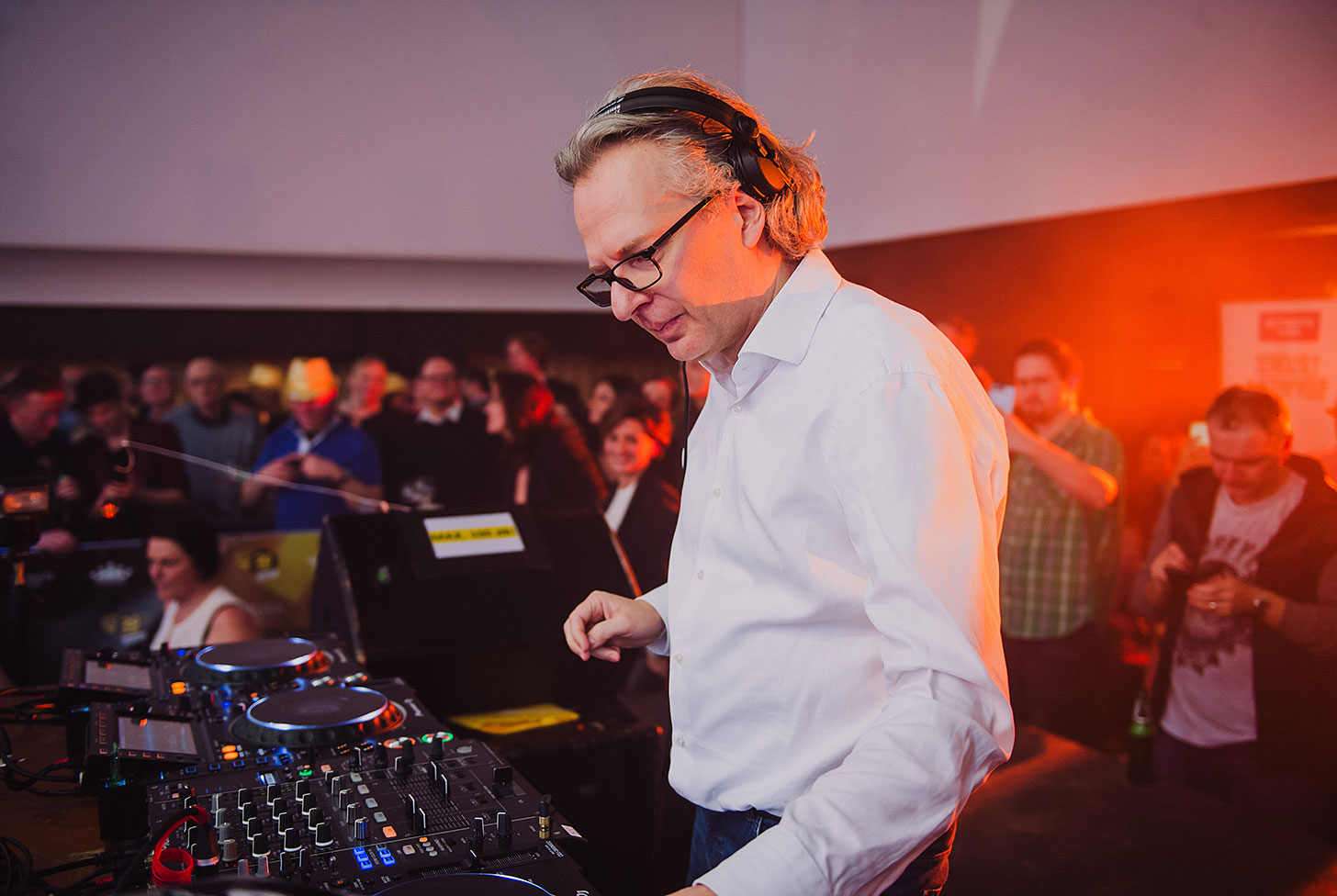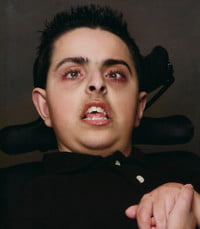Radio entrepreneur Giuseppe Scaglione thinks it is high time to switch off VHF. The challenges of digitization are too great to be able to dwell on outdated technology.
For weeks now, radio pioneer Roger Schawinski has been working for the continued operation of VHF. Another radio pioneer doesn’t think that’s a good idea. Giuseppe Scaglione, who was once with «Radio 105» brought the first youth radio into the Swiss airwaves, urges that VHF be switched off at the beginning of 2023 – as the Swiss radio industry has contractually stipulated. With its own music channel «my105», which Scaglione founded after the bankruptcy of «Radio 105», he broadcasts the program in boarding schools and via DAB +. An early end to VHF would be an important signal for the radio entrepreneur that the industry is looking ahead and facing the challenges of digitization. What role DAB + should play and why it is finding a growing audience with its music radio despite Spotify, says Giuseppe Scaglione in an interview with MEDIENWOCHE.
Webinar: “Successful with WoodWing”
–
MEDIA WEEK:
In one Interview In 2013 you said: “The digital revolution is coming, FM will be dead in five years.” What did you assume at the time?
–
Giuseppe Scaglione:
I didn’t necessarily refer this statement to the fact that FM will be replaced by DAB +. I just saw what was going on with streaming, with media consumption in general, especially among the younger target group, where practically nobody knows what FM is anymore. Today, only twelve percent of the population only listen to FM radio. And you can also see that the VHF switch-off debate is of particular interest to older people.
–
MEDIA WEEK:
For you personally, VHF is history. Your current station “my105” only broadcasts the program via the Internet and DAB +. Do you experience this as an advantage or a disadvantage?
–
Group:
It is definitely an advantage that we relied solely on the digital map when we restarted. It forces you to position yourself more clearly because the competition is much tougher. Today we are more clearly positioned than we have ever been and we have not lost an audience, but gained them. If someone wanted to give me an FM frequency as a gift, I would think twice. In terms of image, that wouldn’t suit us at all. Our customers wouldn’t understand that either. FM is anything but sexy.
–
MEDIA WEEK:
For a few weeks, Roger Schawinski has been loudly questioning the switch-off date for VHF at the beginning of 2023. Did that surprise you?
–
Group:
At first I was surprised that it occurred to Roger Schawinski 30 seconds before twelve that he didn’t think that was that great. But that is probably exactly his calculation. Of 44 VHF radios in Switzerland, 42 have signed the agreement, which provides for a coordinated shutdown. Schawinski is one of the two who didn’t want that. If he sees his future in the past, he must know that for himself. I was more surprised that he gets pages of media attention.
While the development with apps, Alexa, Smartspeaker, Smart TV continues rapidly, we are now discussing a 1970s scenario.
–
MEDIA WEEK:
An important argument from Schawinski is the continued use of radio via VHF, especially when traveling in the car. What speaks against waiting a few more years until usage tends to zero?
–
Group:
One thing is clear: VHF cannot be the future. It’s digital – regardless of whether it’s streaming, DAB + or other new technology. It is a fact. DAB + offers the opportunity to play an important role on the moving train, which is heading towards digitization at a brutally high speed. DAB + enables a greater variety of programs in larger broadcasting areas at comparatively low costs. Nevertheless, the competition there is still manageable and not as great as on the Internet. New formats, including national niche programs, can also be created on DAB +. However, development is no longer possible on VHF. Apart from my «Radio 105», where has there been any innovation on VHF in the last 20 years? An industry that doesn’t innovate will eventually die.
–
MEDIA WEEK:
You mentioned diversity. There are more stations on DAB +. What does that mean for advertising? Are more actors sharing the same cake or is the cake getting bigger?
–
Group:
At the beginning the cake stays the same size. But in the longer term, the cake would have to grow, especially in Switzerland.
The radio market is completely underdeveloped here. This is also due to the fact that there were never any national commercial channels in Switzerland.
In the radio programs of the SRG, which are national, advertising is prohibited, in contrast to other countries, where there is also advertising in public service programs.
–
MEDIA WEEK:
So you think that SRG would have to act as a driving force in order for the radio advertising market to expand?
–
Group:
That has always been my attitude. Of course, I didn’t just make friends with it. In the first phase, there might be a redistribution in favor of SRG and at the expense of individual private individuals. But in the longer term the whole industry would benefit. It is the same in Germany, where there has always been advertising in the ARD radio programs.
–
Support independent and critical media journalism. Become a sponsor now.
Journalism takes passion, time – and money. With a sponsor subscription you help to finance our independent media journalism sustainably. Your contribution flows exclusively into the editorial and journalistic work of MEDIENWOCHE.
–
–
–
–
– .


